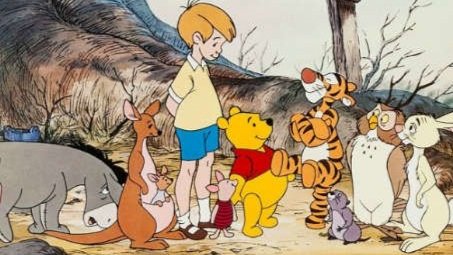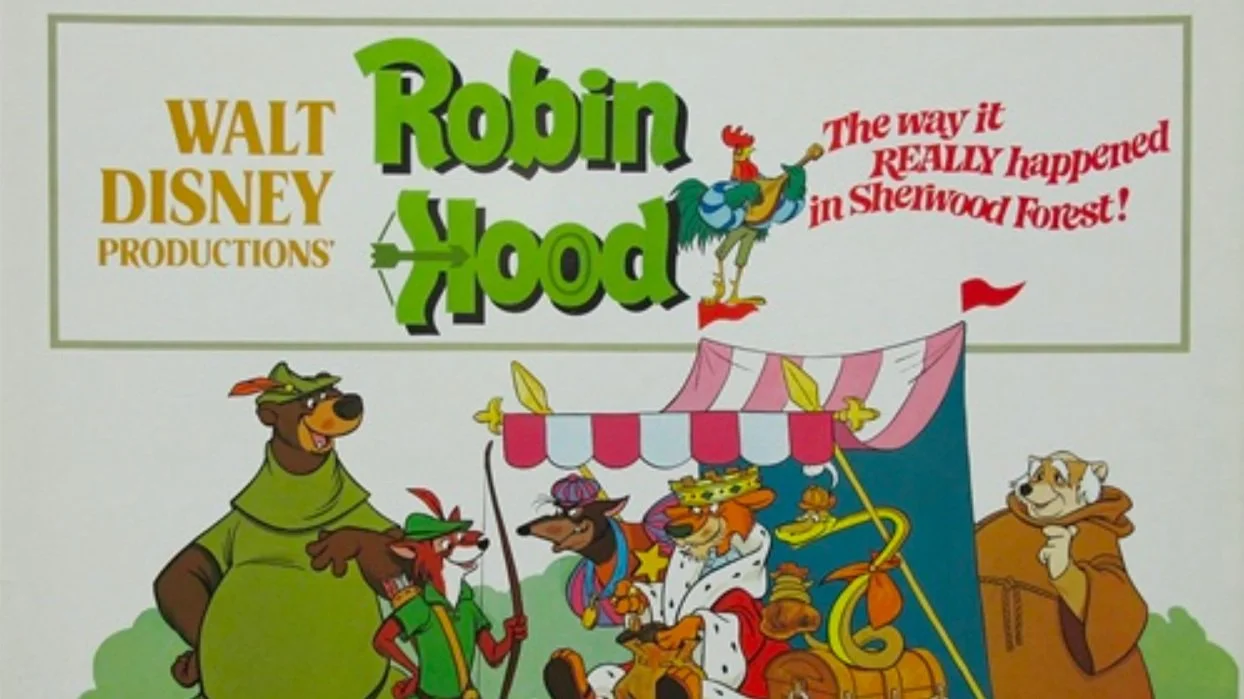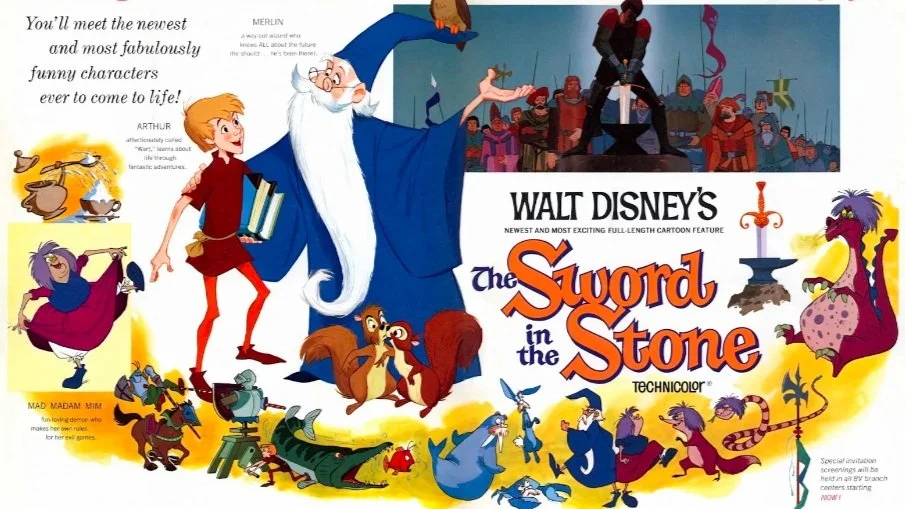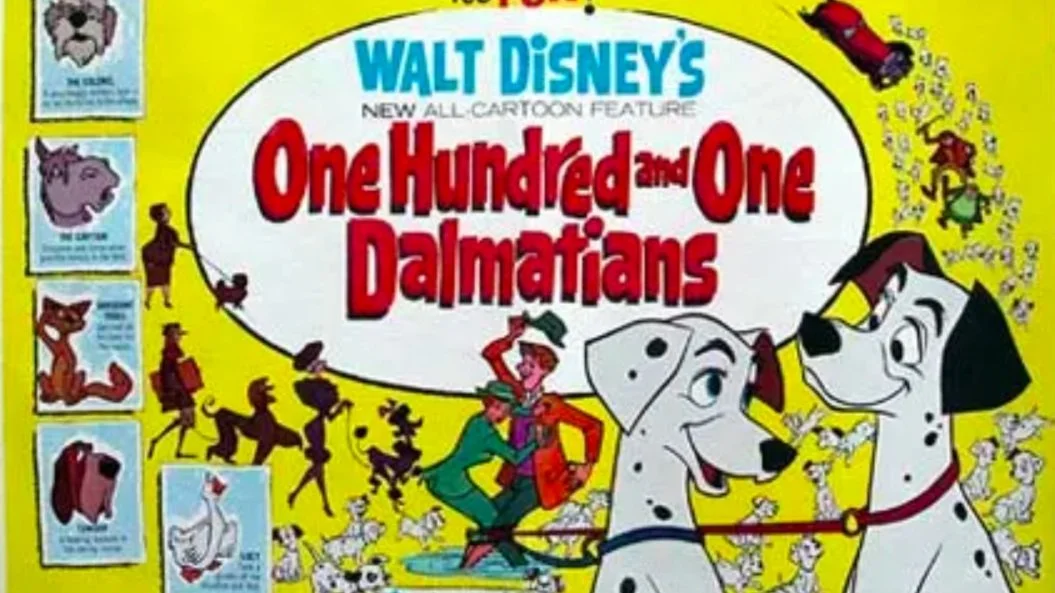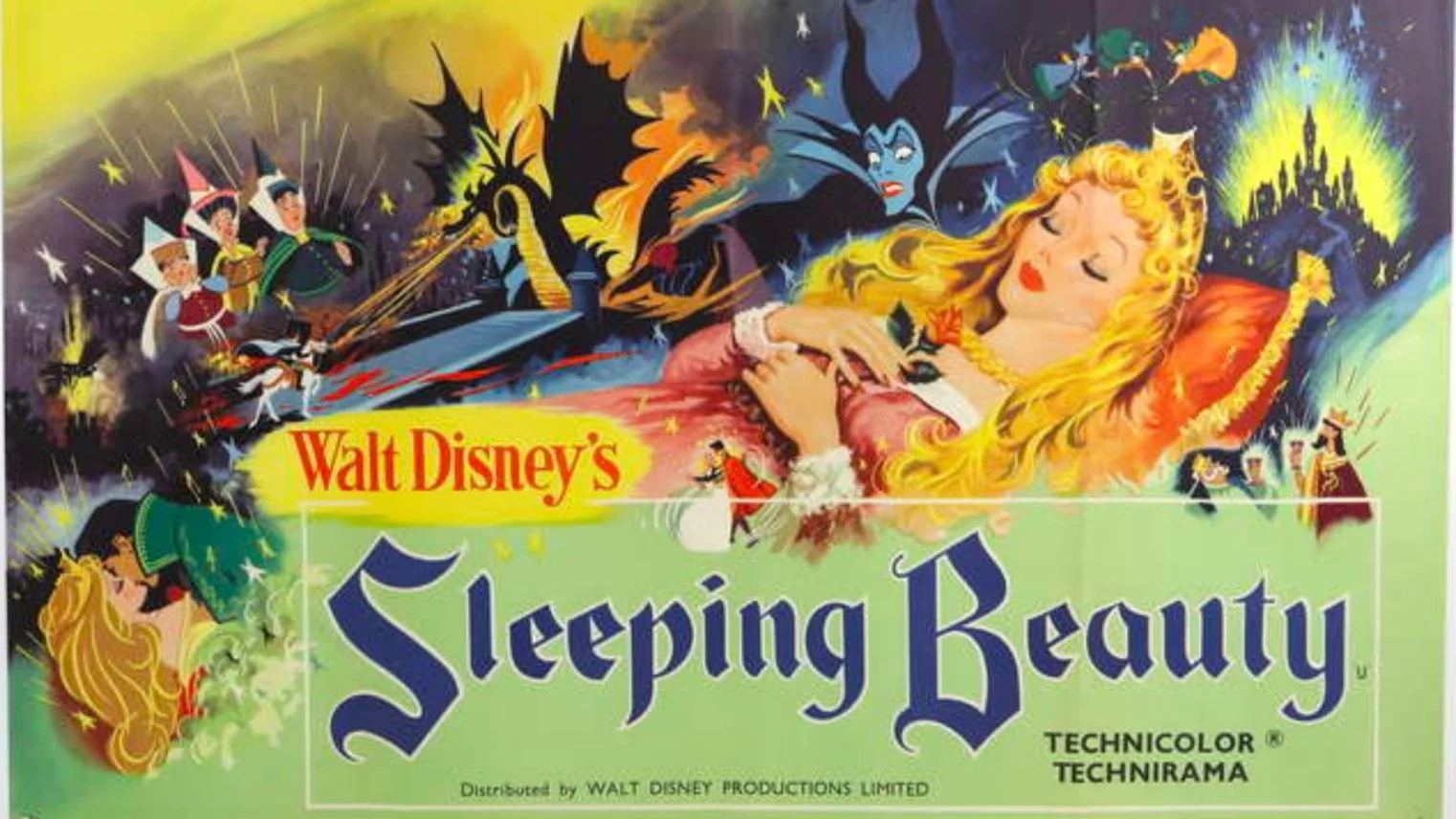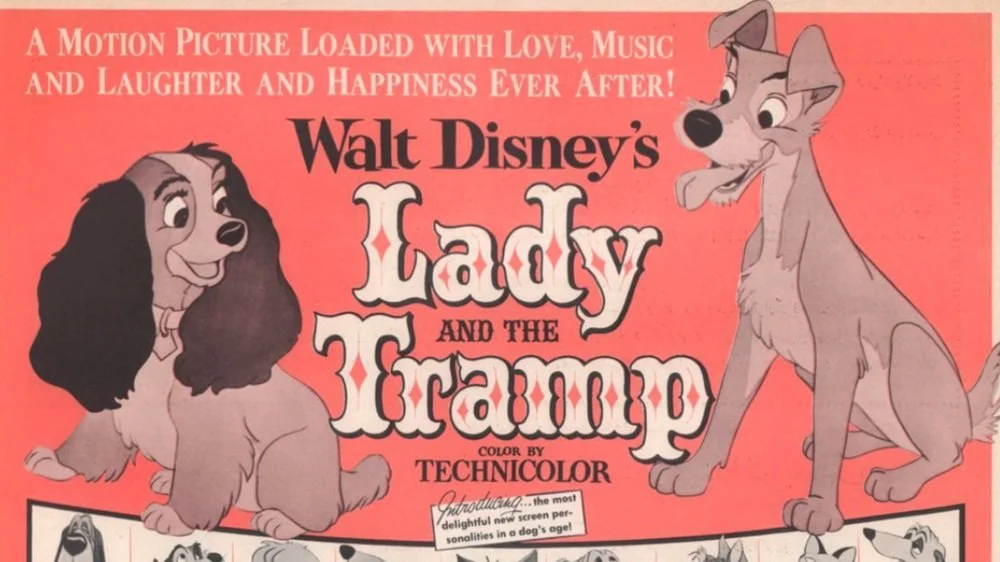Beginner’s Guide to Alfred Hitchcock: Juno and the Paycock (1930)
Now that I’m down to the last few films in Alfred Hitchcock’s career, I realized it was time to watch the one movie I had been dreading ever since first hearing about it. The 1930 film Juno and the Paycock is one of Hitchcock’s British melodramas based on a play. This one was adapted from the popular at the time play of the same name by Sean O’Casey. For one thing, that title just does not inspire much interest. But I was hoping this movie would win me over and prove to be an interesting domestic drama. Unfortunately, Juno and the Paycock is one of Hitchcock’s dullest films.
Barry Fitzgerald stars as Captain Jack Boyle, a useless drunk who sits at home while his wife Juno (Sara Allgood) works. Their daughter Mary (Kathleen O’Regan) and son Johnny (John Laurie) live with them in a two room apartment. The film details their trials and tribulations. Johnny, injured in the Irish Civil War, informs on a fellow Irish Republic Army member and faces those consequences. Mary is whisked away by Charlie Bentham (John Longden) who mistakenly tells the family they are to receive an inheritance. When Jack spends that money, his family is faced with creditors and even worse misfortune.
Juno and the Paycock is a very staged film. Hitchcock keeps most of the action in the small apartment (he had to get permission from O’Casey to film a scene out of the apartment) and the camera hardly moves. The film consists of dialogue scenes and characters just relating to each other. That all would be fine except the dialogue isn’t very interesting. The thick Irish accents don’t help much either. I had a hard time understanding the dialogue, and interpreting the performances. Hitchcock’s usual gift for creating dynamic scenes in single locations hadn’t been formed yet and this felt like watching a filmed performance of a live play. But even that would be better than what Hitchcock gave us here.
The film ends on a depressing note, with Mary and Juno reaffirming their faith in God but realizing that Jack cannot change. It’s not very satisfying because this poor family had already been through so much. Juno and the Paycock might seem like a morality play about not taking care of your family, but Jack doesn’t seem to recognize the effect of his actions. Sure his family leaves him but there is no redemptive arc or even a hint towards one after the events of the film. For me, this film was just like watching misery play out against nice people with no conclusion.
Juno and the Paycock was a successful film, getting good reviews and strong returns at the box office. Part of that could be because Sean O’Casey’s play was extremely successful. O’Casey was notable because he was the first to write plays based on Irish social issues. I read that O’Casey was the inspiration for one of the characters in The Birds. Hitchcock might have based the drunk man at the diner who proclaims “it’s the end of the world!” on the playwright. Having seen pictures of O’Casey, I can certainly see the resemblance.
Alfred Hitchcock’s early career had its ups and downs, and this is definitely one of the lowest points. Hitchcock adapted the play himself so perhaps he saw something in the material. Unfortunately whatever ideas he may have had in his mind were not translated onto the screen. Whether it’s the hard to understand dialogue, or the static camera, or the aggressive desolation, Juno and the Paycock is a middling effort from the young director.





